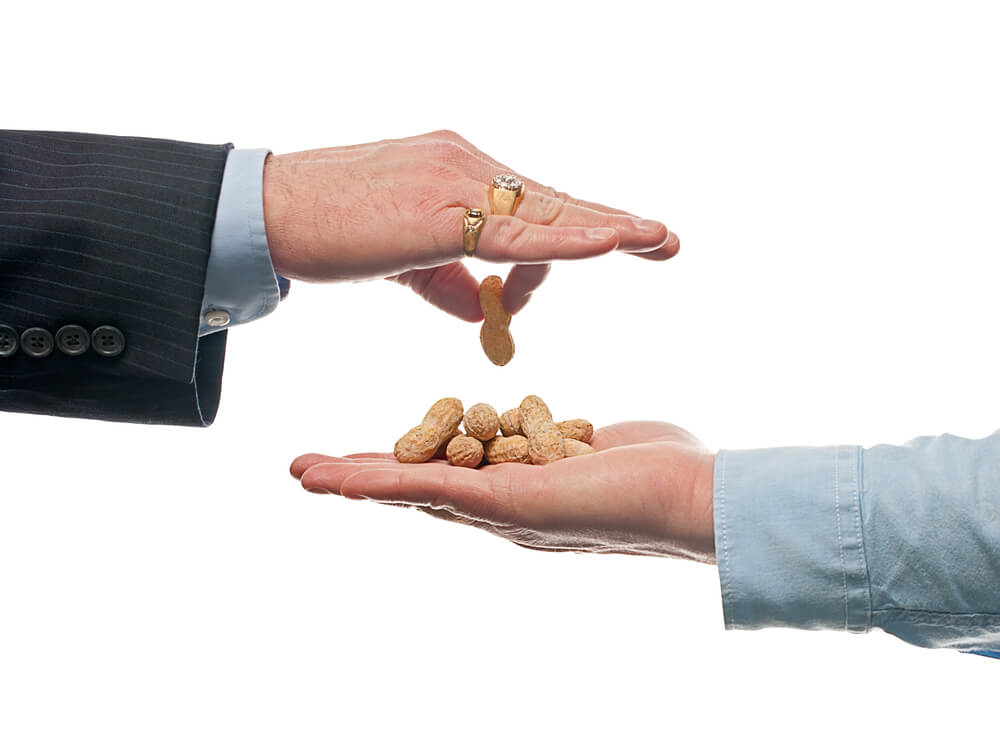Conversion is the act of dealing with goods in a way that seriously interferes with the owner or true possessor’s right to use or control the goods.
For example, a person taking, selling or modifying goods that belong to another (therefore depriving the other person of their right to possess the goods) is conversion. The defendant does not necessarily need to be aware that the goods belong to someone else or intend to challenge the owner’s right to possession.
What is Conversion?
Conversion can be committed in a variety of ways, including:
- Intentionally destroying goods
- Changing the nature of the goods (e.g. converting apple juice into cider)
- Taking possession of another person’s goods or making it impossible for a person to exercise their right to possession; (e.g. pawning a person’s jewellery)
- Using a person’s goods without permission
- Unreasonably refusing to return goods after a demand
- Disposing of another person’s goods by selling or pledging them
It is important to note that conversion can be applied to goods only and not to land.
To determine the seriousness of the interference in a conversion matter, the court considers factors such as the:
- Extent and duration of the defendant’s dealing with the goods
- Intent to deprive the owner of possession or control
- Defendant’s good faith
- Harm done to the goods
- Inconvenience and expense caused
A person who wants to sue for conversion must show that they had an immediate right to possession at the time of the act of conversion.
Elements of Conversion
There are four elements to the tort of conversion:
- Title to sue
There must be possession or right to possession of the property at the time of the conversion. An owner of goods who has not yet transferred their right to immediate possession could sue, because they would have an immediate right to possession at the time of the conversion happening.
- Proof of demand by the plaintiff
There must be proof of demand by the plaintiff for the return of the property.
- Refusal to deliver them up
There must be a refusal by a defendant who has power to ‘deliver up’ (return) the property, at the time of demand. The unauthorised sale and delivery of goods or property belonging to another individual constitutes conversion, in which case the plaintiff may be able to sue both the buyer and the seller.
- Consequential damage
As a result of the defendant’s conduct, the plaintiff has suffered loss. The loss will usually be calculated on the basis of the value of the property.
Defences
An action in conversion may be defended on grounds including:
Necessity
There can be no conversion if the inference occurs in circumstances where consent could not be obtained, but where the interference was necessary. This defence will require consideration of the relevant facts of the case to determine whether the interference was in fact necessary, and the difficulty or impossibility in obtaining consent.
Abatement (also known as self-help)
A person may be entitled to enter the land of another or take other self-help measures, upon giving of due notice, to abate a nuisance which substantially interferes with enjoyment of one’s land. A person may lawfully retake goods that have been wrongfully taken out of that person’s possession.
Consent
There can be no conversion if it occurs with the plaintiff’s consent. Consent can either be express or implied.
Action
If your goods or property have been the victim of conversion, make a booking with Fox Piper to discuss pursuing compensation. Damages for conversion will generally be compensatory (i.e. damages that aim to put the plaintiff in the same position they would have been in, if not for the conduct of the defendant).
Remedies for conversion may include:
Damages
The primary remedy for conversion is damages. The courts will usually measure the full value of the property with the consequential losses.
Specific restitution
The remedy of specific restitution may be awarded where damages are inadequate.
Seeking Advice
If you find yourself affected by conversion of your goods or property, seeking professional legal advice is crucial. At Fox Piper, our team is dedicated to guiding you through your options and pursuing compensation for the losses you have suffered. Whether you are a plaintiff seeking to reclaim your rights or a defendant exploring your legal defences, our experienced lawyers are here to assist you every step of the way.
Conclusion
Understanding the principles of conversion is essential for safeguarding your property rights. By seeking timely advice and understanding your legal options, you can assert your rights effectively in cases of wrongful interference with your possessions. Don’t hesitate to reach out to Fox Piper today to discuss how we can help protect your interests and seek appropriate remedies under the law.



